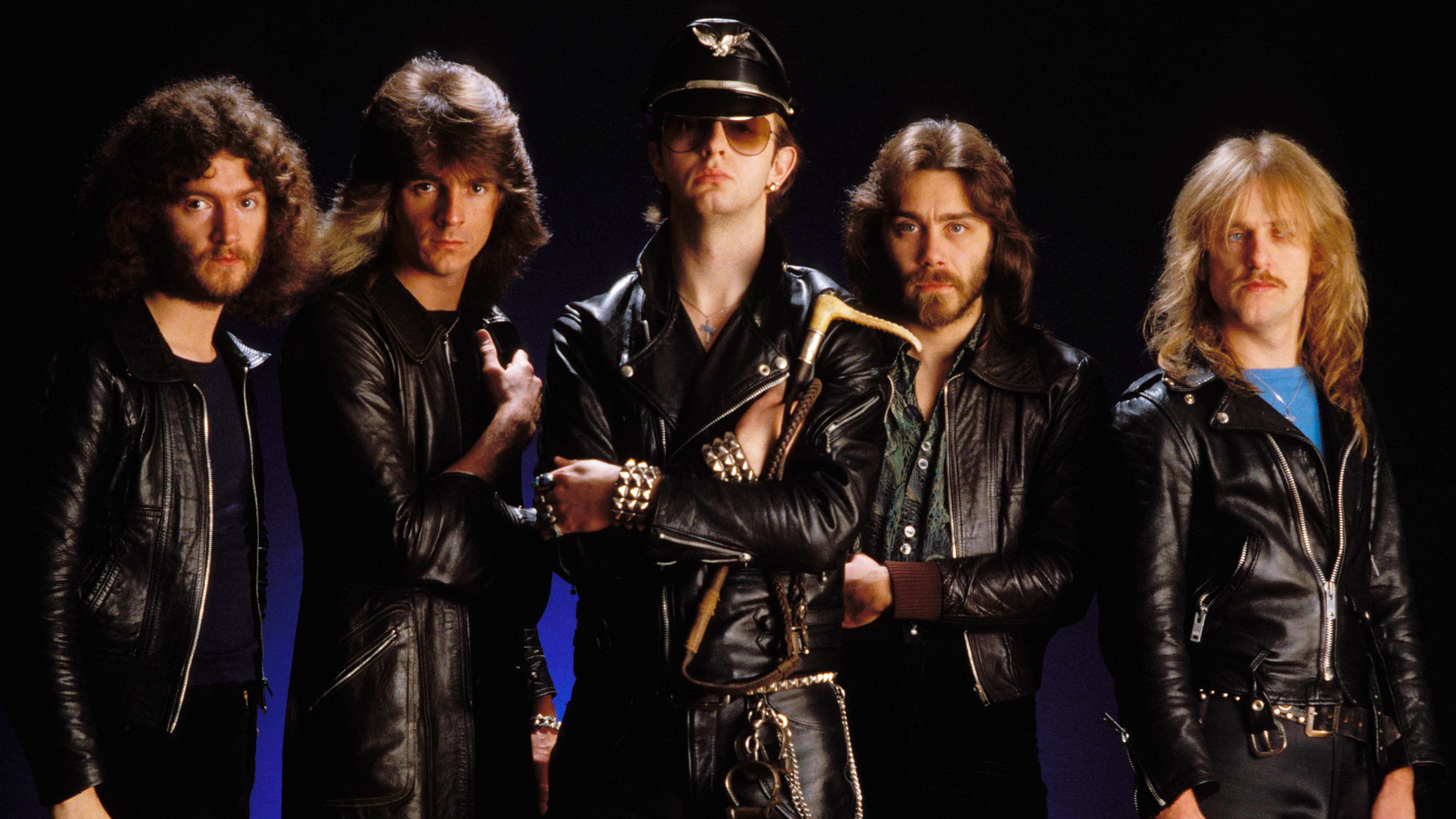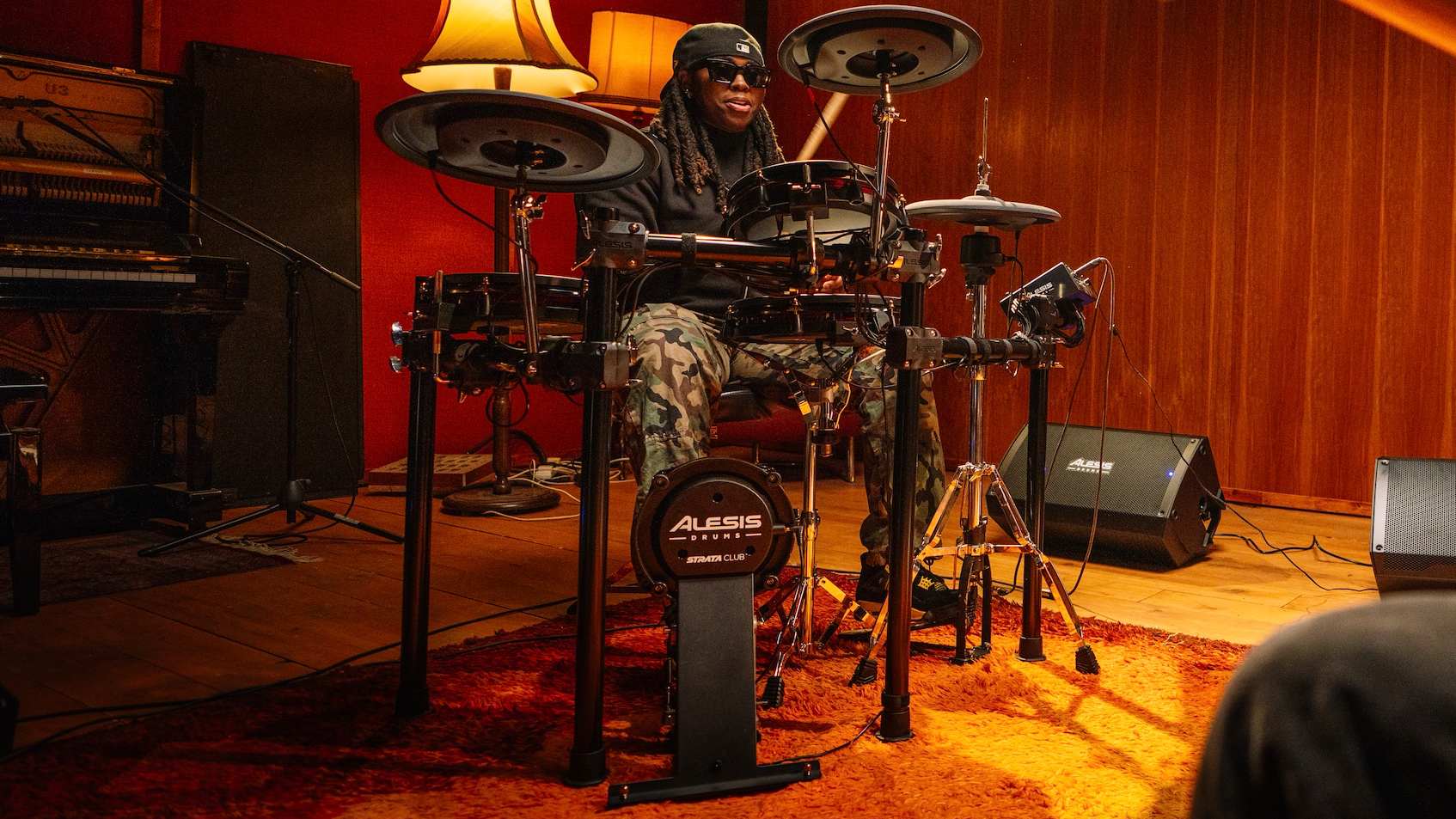Intellectual property lawyer brands Gibson's lawsuit against Dean "ludicrous"
Ron Bienstock believes that such legal action could have huge implications for the industry
In June, this year, Gibson filed a lawsuit against Armadillo Enterprises, parent company of Dean Guitars and Luna Guitars, citing trademark infringement, trademark counterfeiting, unfair competition and trademark dilution.
Armadillo responded immediately, saying that Gibson's claims were baseless, arguing that "some things are just too commonplace and basic for one company to claim as its property."
On 8 July, Armadillo then launched a countersuit against Gibson, citing "tortious interference with Armadillo’s business relationships and/or contracts” in an attempt to cancel the trademarks of Gibson’s Flying V, Explorer and ES-335 shapes. Armadillo alleges that Gibson had sent cease and desist notices to Dean retailers as part of their campaign.
In a recent interview with ROI-NJ, intellectual property and entertainment lawyer Ron Bienstock of Scarinci Hollenbeck voiced his concerns for the guitar industry should Gibson be successful.
If these bodyshapes were ruled to be trademarked then this could potentially shutter a huge swathe of the market for guitars. But Bienstock – who has represented ESP, Peavey and Collings in defending them against Gibson's ES-335 trademark case – said that it is "ludicrous" to call a Dean a counterfeit Gibson.
“Dean has made Explorer and V-shape guitars since 1977," he said. "Calling a Dean guitar counterfeit is ludicrous. Trust me, no one is buying a Dean guitar, looking at the headstock and thinking, ‘I didn’t know I was buying a Dean; I thought I was buying a Gibson.’”
Bienstock cited a 2003 case in which he successfully defended 17 manufacturers in a six-year legal fight against Fender as precedent, and said that Gibson's registering of a number of guitar shapes with the US Patent and Trademark Office’s principal register in the 1990s was effectively too late when other companies had been making similar designs for decades.
Get the MusicRadar Newsletter
Want all the hottest music and gear news, reviews, deals, features and more, direct to your inbox? Sign up here.
"If you are going to trademark a guitar shape, what you have to be saying is everyone looks at that design and recognises your company as the only source,” Bienstock said. “You also need to say that no one else manufactures or sells it. No one would agree with that, because everybody does and has been manufacturing it, too.”
The only certainty is that this issue will rumble on and on. Gibson has requested a jury trial to settle the case.
You can read Bienstock's full interview with ROI-NJ here.


Jonathan Horsley has been writing about guitars and guitar culture since 2005, playing them since 1990, and regularly contributes to MusicRadar, Total Guitar and Guitar World. He uses Jazz III nylon picks, 10s during the week, 9s at the weekend, and shamefully still struggles with rhythm figure one of Van Halen’s Panama.
“Instead of labouring over a perfect recreation, we decided to make an expanded counterpart”: Chase Bliss teams up with Mike Piera for Analog Man collab based on the legendary King Of Tone
“It’s about delivering the most in-demand mods straight from the factory”: Fender hot-rods itself as the Player II Modified Series rolls out the upgrades – and it got IDLES to demo them










